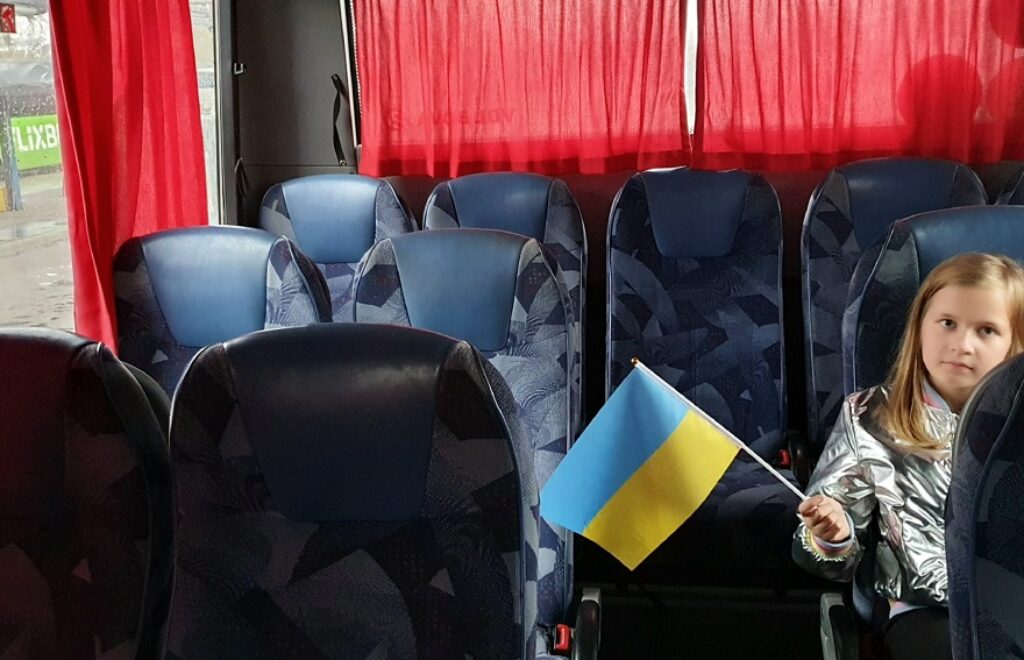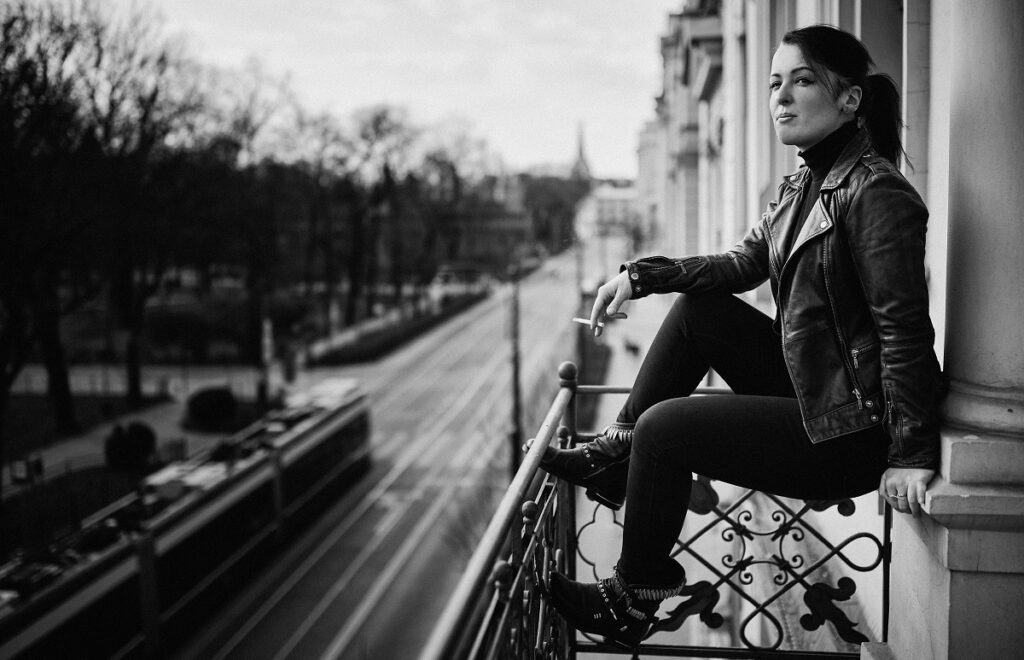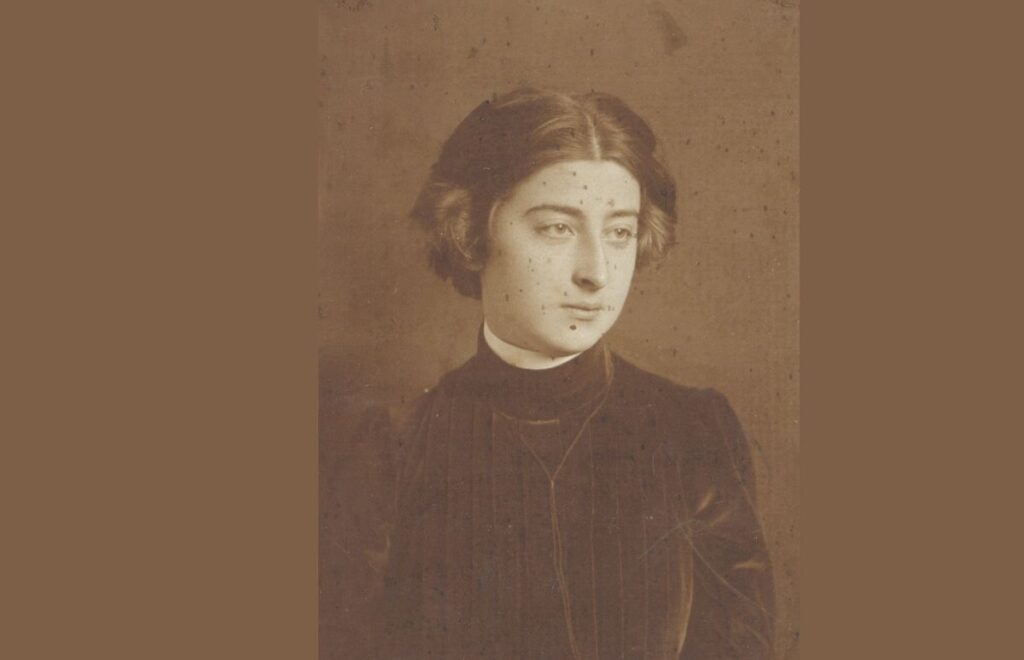Back home to the warzone. Emotions of displacement among returning Ukrainian migrants
The full-scale war in Ukraine and the refugee influx that followed sent shockwaves throughout Europe. However, a large number of refugees coming back also caught many by surprise. They returned despite the war still raging throughout the country, and despite receiving an unprecedentedly warm welcome. Myself also being puzzled, I looked for answers and found a couple of think tank papers. The analysts meticulously present statistics and draw maps and graphs. There are survey data responses and discussions on the size of welfare payments, the distribution of housing and other resources for the refugees. Still, I am not convinced. When examining the statistics of millions, a person inevitably gets lost. Hence, I set out to look at the individual behind the digits.
February 15, 2023 - Olena Yermakova





































